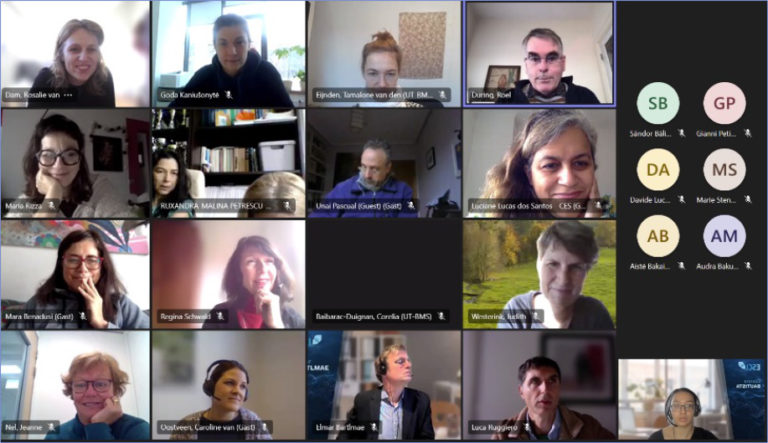Towards a nature positive society
From now on, biodiversity will have a very strong ally: The EU- funded project BIOTraCes officially started. It aims to boost biodiversity across Europe. To tackle nature-related, societal and local policy issues, researchers will perform nine case studies across Europe. The results will be summarised in a Theory of Transformative Change, providing a profound understanding of the interaction of society and nature.
A giant leap for biodiversity
BIOTraCes is coordinated by a consortium from Wageningen Environmental Research. Dr. Rosalie van Dam is head of the team. She is determined to enhance biodiversity along the lines of the European Green Deal and the Sustainable Development Goals of the United Nations:
„With BIOTraCes, we really want to make a difference.
We aim to contribute to more inclusive, effective and just public policies, local strategies and corporate concerns on biodiversity.“ To achieve these goals, BIOTraCes will establish an Influencer and Stakeholder board to create a strong impact on improving biodiversity in Europe.
What does it mean – a Theory of Transformative Change?
The BIOTraCes research team will examine how societal values such as culture, religion and economy lead to potential power lock-ins and leverage. This will be the basis for understanding the behavioural patterns which have caused the dramatic loss of biodiversity throughout Europe.

Dr. Rosalie van Dam

The nine case studies across Europe
BIOTraCes in a nutshell
BIOTraCes stands for: Biodiversity and Transformative Change for plural and nature positive societies. It will run for 48 months until November 30, 2026. The overall budget is € 4.620 652, 50. Eleven partners from nine European countries will closely collaborate for the success of BIOTraCes. The nine case studies will be performed in sectors with a particularly high impact on biodiversity. They cover a representative range including food production, agriculture, forestry, water and fish conservation as well as urbanisation. As a unique feature, BIOTraCes will pay attention to marginalised and religious groups, gender and youth.

A glimpse into our BIOTraCes consortium meeting
Your contact:
European Science Communication Institute (ESCI)
Regina Schwald
Communication Manager
rs@esci.eu
The BIOTraCes website will be online in February 2023.